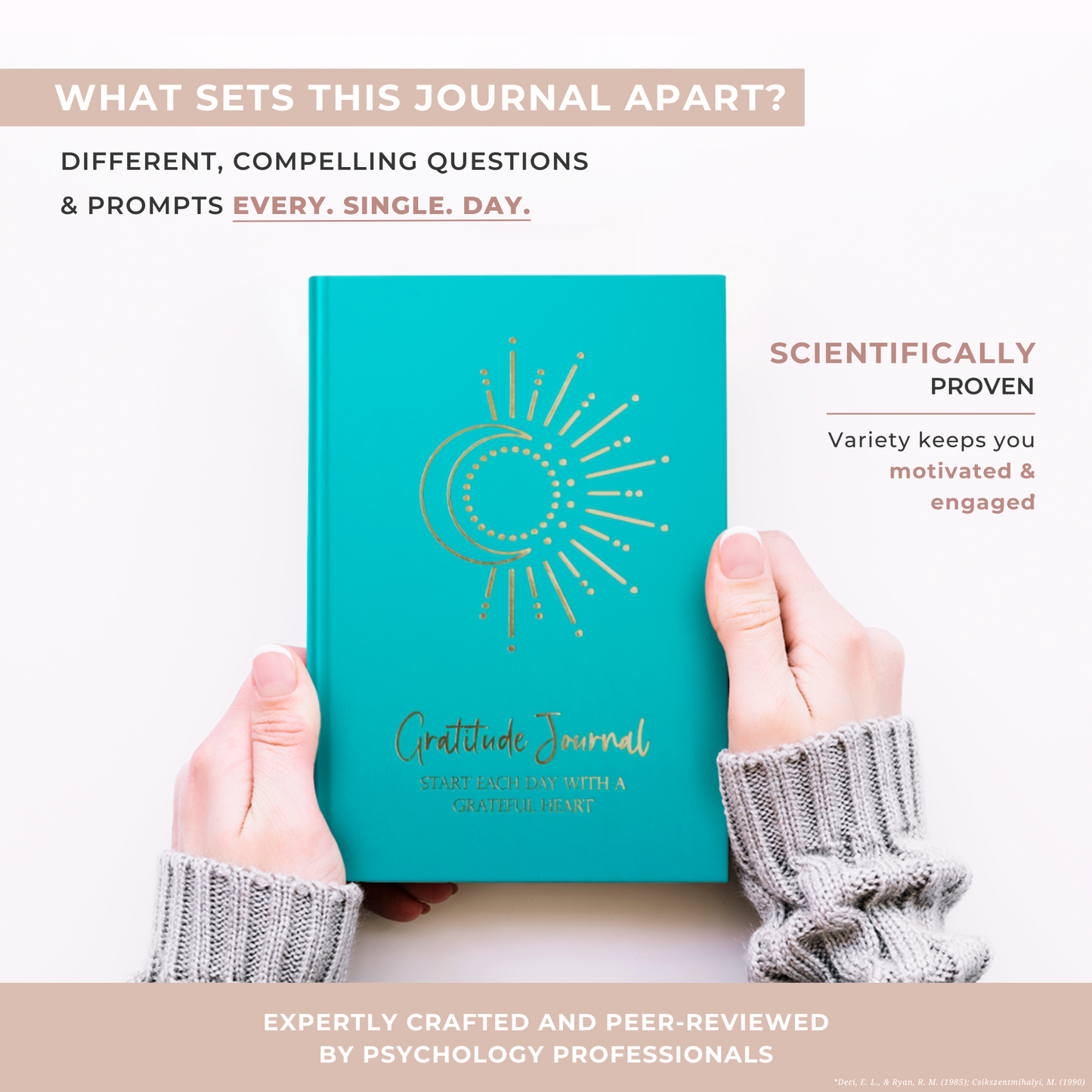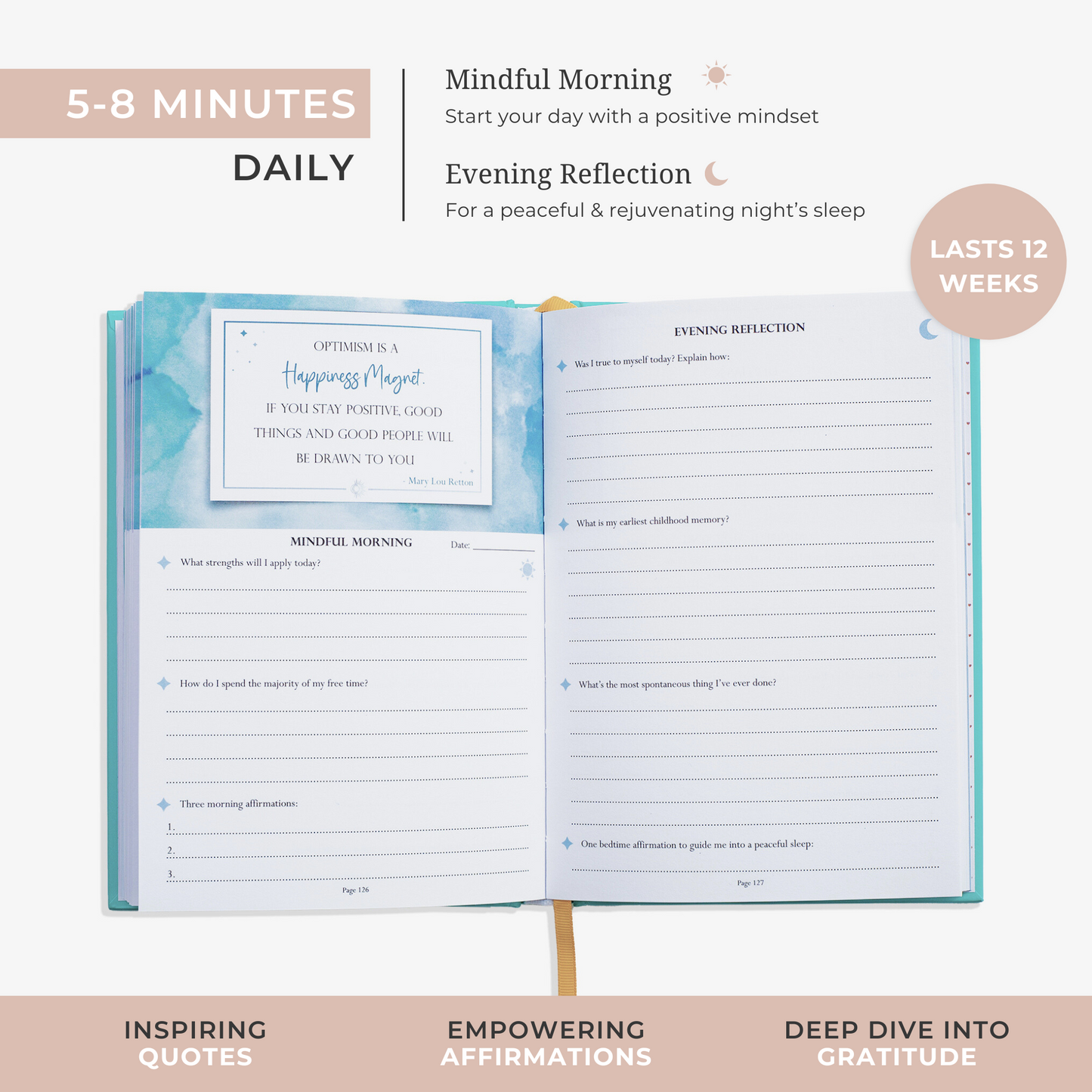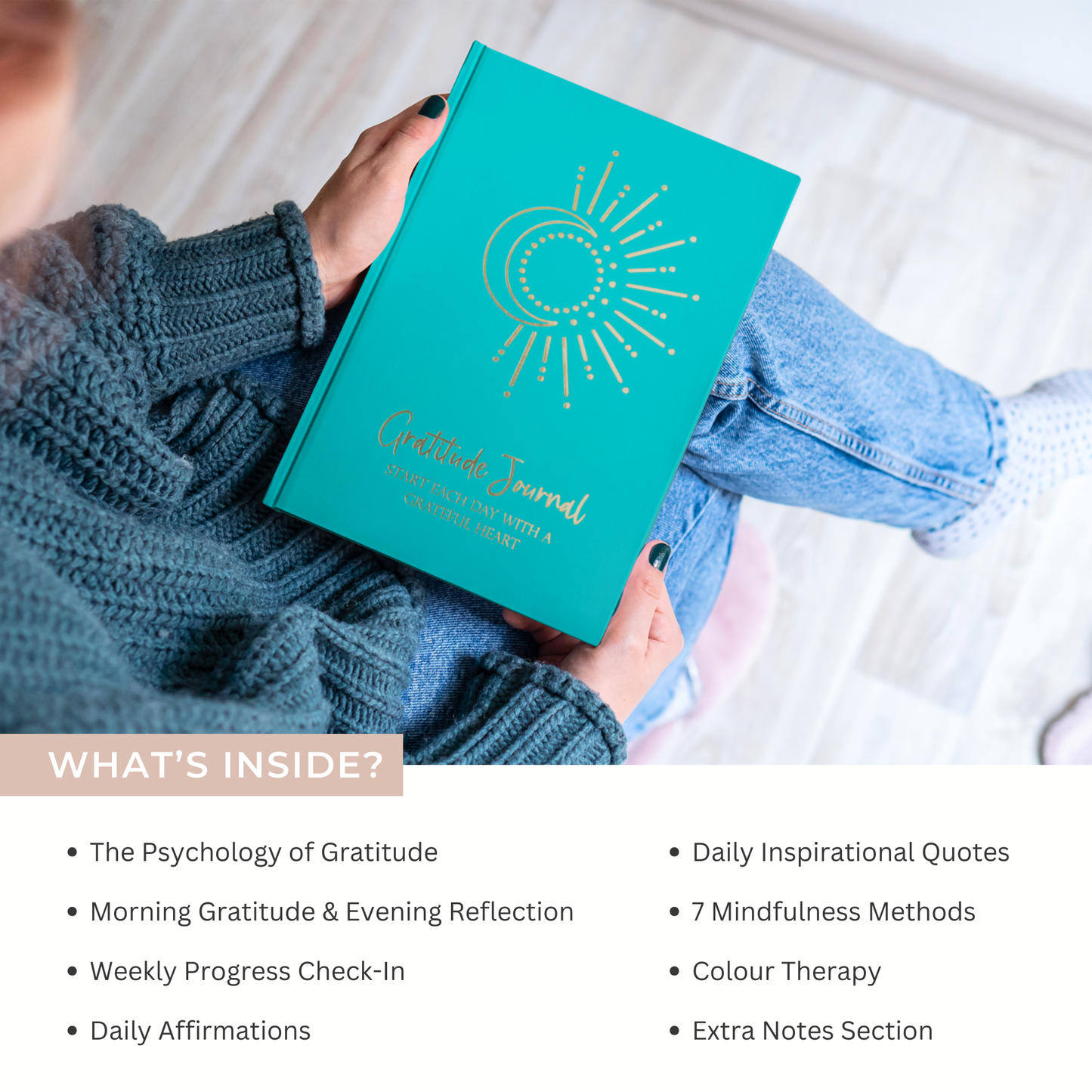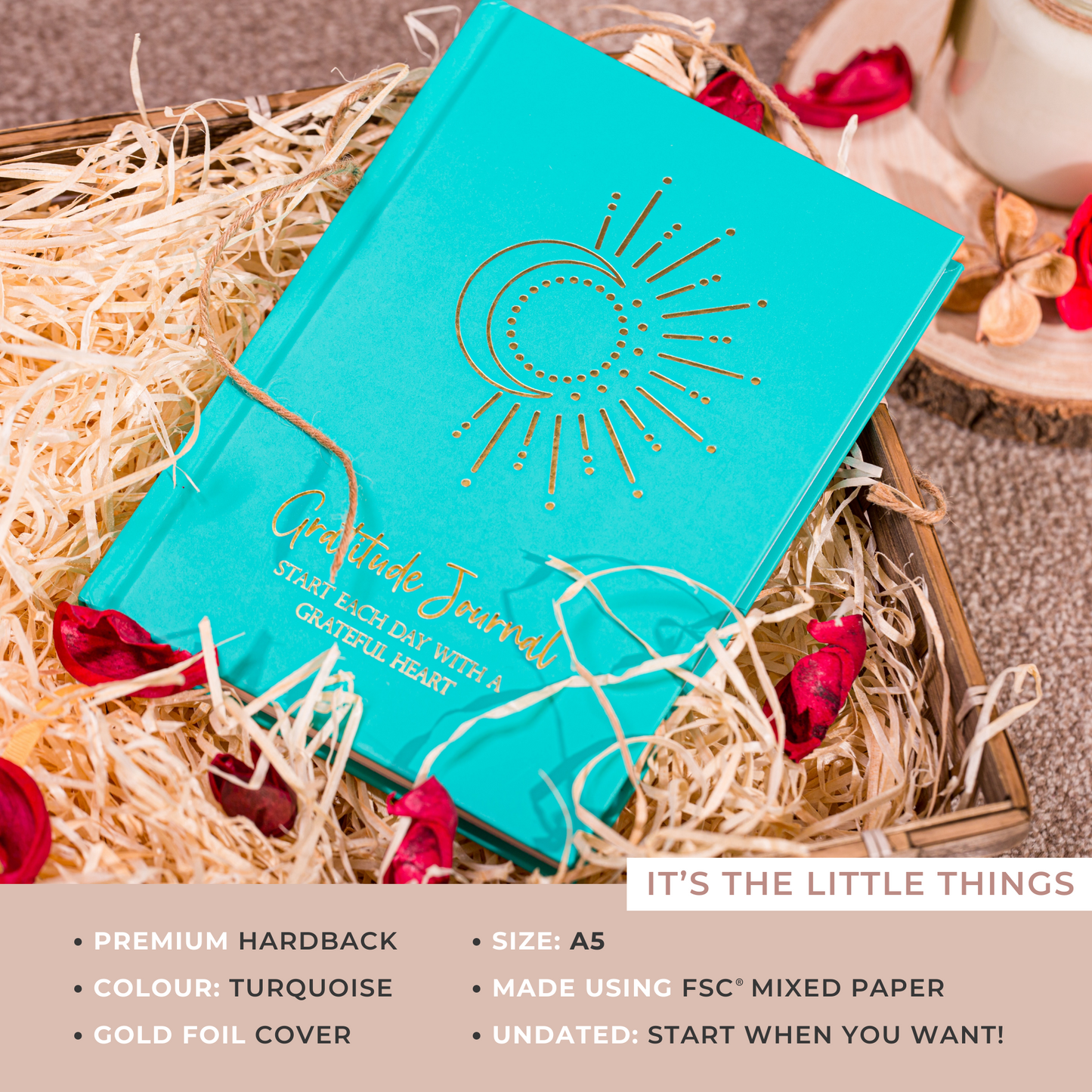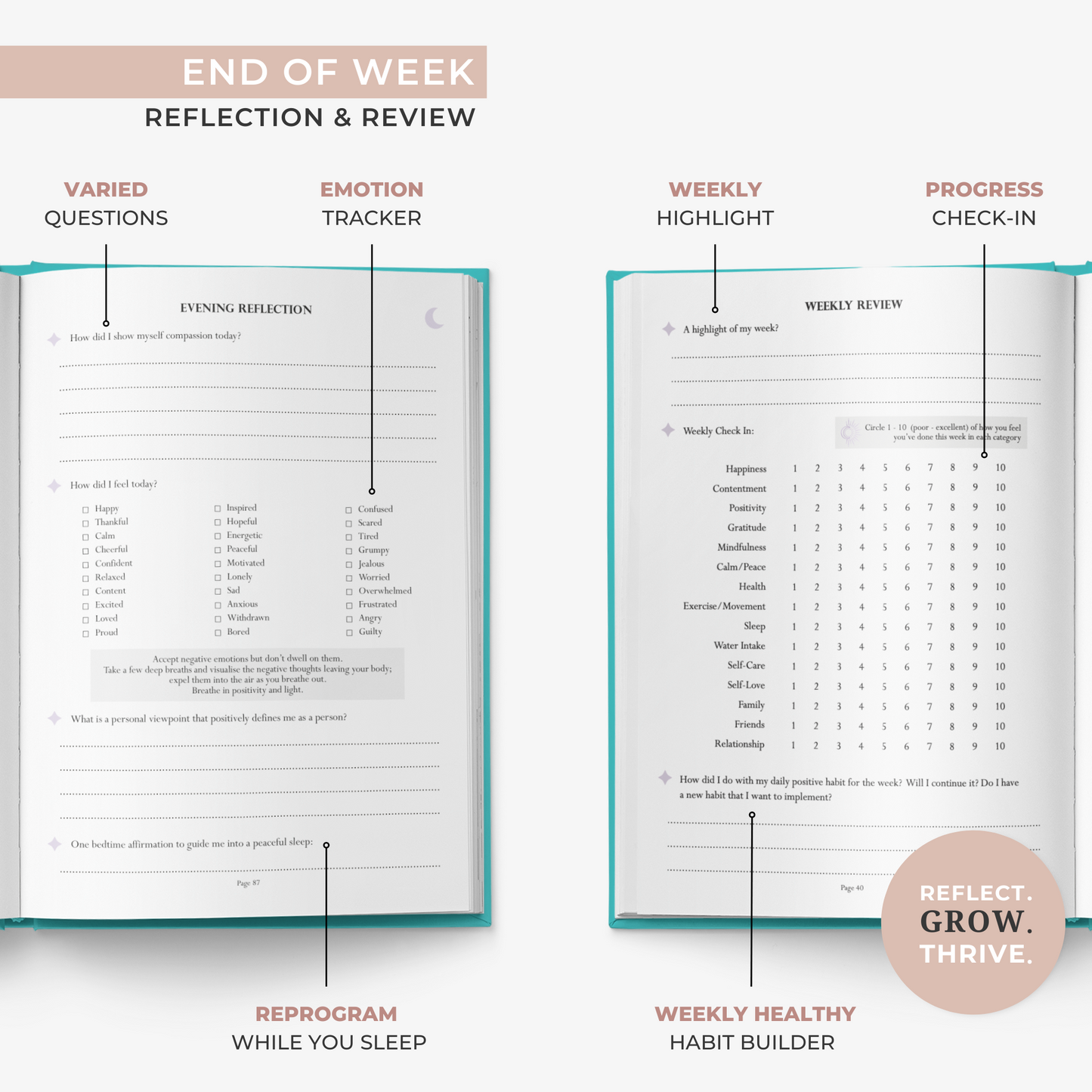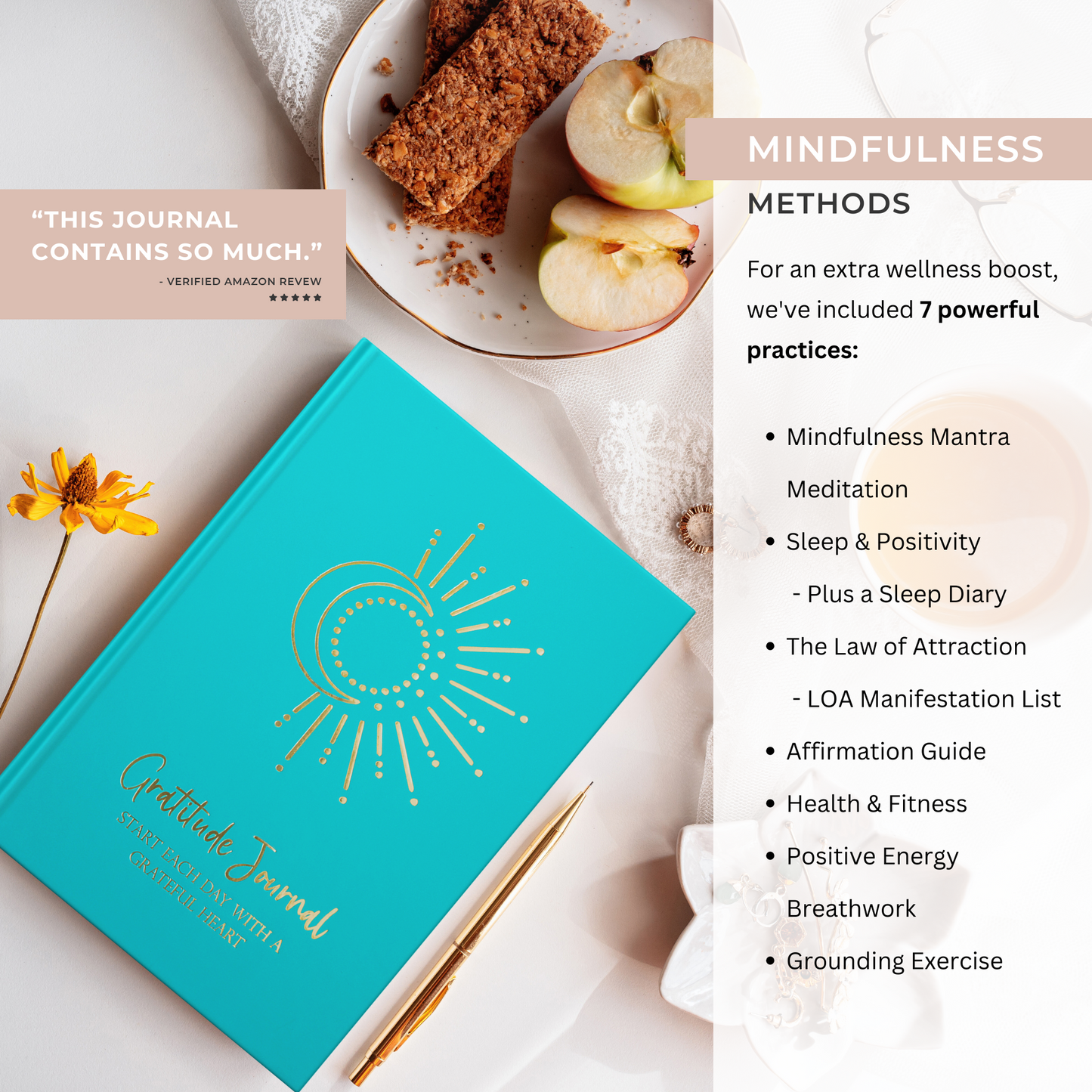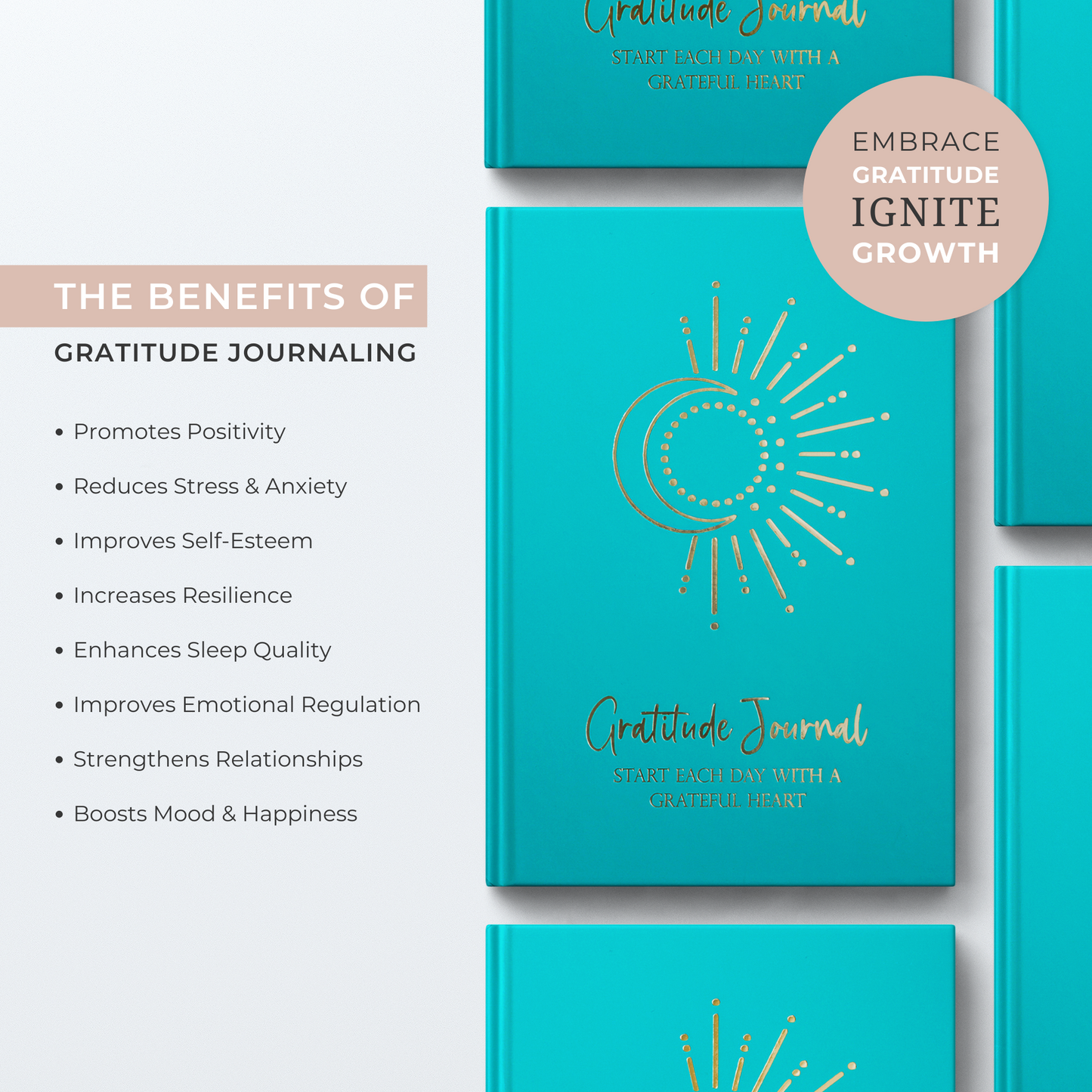Effective Stress Management Techniques
Anxiety is a common challenge that affects millions of individuals worldwide, manifesting as persistent worry, nervousness, or unease. The ongoing pressures of daily life can exacerbate these feelings, making it crucial to explore effective stress management techniques. In this blog, we’ll dive deep into practical strategies for managing anxiety, offering tools that you can incorporate into your everyday life. By focusing on actionable techniques, we aim to empower you to regain control and create a sense of calm.
Understanding Anxiety
First off, let’s talk about what anxiety really is. I recently came across a thought-provoking post suggesting that the term "anxiety" is often misused, leading to confusion with the more transient feeling of worry that many of us experience. While it's true that anxiety is a common issue faced by individuals worldwide, it encompasses much more than just fleeting concerns; it manifests as a persistent feeling of dread that can overshadow daily life.
So, before we delve into stress management techniques, it's essential to understand anxiety and its effects. According to the National Institute of Mental Health, anxiety disorders affect 31.1% of adults in the UK at some point in their lives. These disorders can manifest in various ways, including generalised anxiety disorder (GAD), panic disorder, and social anxiety disorder. Symptoms may include excessive worrying, restlessness, fatigue, and difficulty concentrating.
The Rising Tide of Anxiety
Research has indicated a troubling increase in anxiety disorders. A survey conducted by the American Psychological Association found that 78% of individuals reported feeling anxious about the future, especially during challenging times like the COVID-19 pandemic. This highlights the urgency of developing effective coping strategies to combat anxiety.
The Impact of Anxiety
Anxiety doesn’t only affect mental health; it can also lead to physical health issues, including cardiovascular problems, gastrointestinal disorders, and weakened immune response. Understanding the multifaceted effects of anxiety underscores the importance of effective management techniques.
1. Practice Mindfulness and Meditation
Mindfulness and meditation have gained traction as effective tools for managing anxiety. These practices encourage you to focus on the present moment, helping to ground your thoughts and emotions.
How to Get Started:
-
Daily Mindfulness Practice: Set aside 10-15 minutes each day to practice mindfulness. Focus on your breath, observe your thoughts without judgment, and gently bring your attention back when your mind wanders. Various studies have demonstrated that mindfulness practice can reduce anxiety symptoms and improve overall well-being.
- Guided Meditations: One effective method for managing anxiety is through guided meditations specifically designed for anxiety relief. Research shows that regular meditation can significantly reduce anxiety symptoms. For instance, a meta-analysis published in the Journal of Clinical Psychology revealed that mindfulness-based interventions were effective in reducing anxiety and improving mood. The Elysian Wellbeing Gratitude Journal includes a mindfulness methods section to guide your meditation practice.
Benefits:
- Reduces stress and anxiety levels.
- Improves emotional regulation.
- Enhances overall well-being.
2. Implement Deep Breathing Techniques
Deep breathing exercises can be a quick and effective way to calm anxiety in the moment. These techniques help reduce the physiological symptoms of anxiety, such as a racing heart or shortness of breath.
How to Practice Deep Breathing:
-
4-7-8 Breathing Technique: Inhale deeply through your nose for 4 seconds, hold your breath for 7 seconds, and exhale slowly through your mouth for 8 seconds. Repeat this cycle four times. Research has shown that deep breathing can lower heart rate and blood pressure, promoting relaxation.
- Diaphragmatic Breathing: Place one hand on your chest and the other on your belly. As you breathe in, focus on expanding your diaphragm rather than your chest, ensuring that your belly rises. This technique promotes relaxation and reduces tension.
Benefits:
- Slows down your heart rate.
- Lowers blood pressure.
- Helps clear the mind.
More information on breathwork can be found in our Gratitude Journal.
3. Engage in Regular Physical Activity
Exercise is a powerful stress-reliever that can significantly reduce anxiety. Physical activity releases endorphins, the body's natural mood lifters, and helps distract from anxious thoughts.
How to Incorporate Exercise:
-
Find Activities You Enjoy: Whether it’s dancing, jogging, yoga, or walking your dog, choose an exercise that makes you feel good. Aim for at least 150 minutes of moderate aerobic activity per week. It's been found that individuals who engaged in regular physical activity reported fewer anxiety symptoms.
- Set Realistic Goals: Start small and gradually increase your activity levels. For instance, commit to a 15-minute walk daily and build up from there.
Benefits:
- Boosts self-esteem and confidence.
- Enhances sleep quality.
- Reduces feelings of tension.
Check out our Gratitude Journal for more benefits of health and fitness.
4. Establish a Healthy Sleep Routine
Poor sleep can exacerbate anxiety, making it essential to prioritise rest. Establishing a consistent sleep routine can help improve sleep quality and overall mental health.
Tips for Better Sleep:
-
Create a Sleep-Inducing Environment: Keep your bedroom dark, quiet, and cool. Consider using blackout curtains and white noise machines if necessary. Studies show that a conducive sleep environment can enhance sleep quality, which is crucial for anxiety management.
- Limit Screen Time Before Bed: The blue light emitted by screens can interfere with melatonin production. Aim to turn off electronic devices at least one hour before bedtime. The Sleep Foundation recommends establishing a calming pre-sleep routine, which can include reading, meditating, or gentle stretching.
Benefits:
- Increases daytime alertness.
- Improves mood and cognitive function.
- Reduces the risk of anxiety disorders.
Also outlined in our journal is the link between sleep and positivity with detailed sleep hygiene tips!
5. Connect with Supportive People
Social support plays a crucial role in managing anxiety. Connecting with friends, family, or support groups can provide a valuable outlet for sharing feelings and experiences.
Ways to Cultivate Connections:
-
Reach Out: Don’t hesitate to contact someone you trust when feeling anxious. Sometimes, just talking about your feelings can help alleviate them. A study published in The Journal of Anxiety Disorders found that social support can buffer against anxiety and enhance coping mechanisms.
- Join Support Groups: Consider joining a local or online support group where you can connect with others facing similar challenges. Sharing experiences can be incredibly validating and helpful in managing anxiety.
Benefits:
- Provides a sense of belonging.
- Reduces feelings of isolation.
- Offers different perspectives on managing anxiety.
6. Utilise Cognitive Behavioural Techniques
Cognitive Behavioural Therapy (CBT) is a highly effective approach for managing anxiety. This technique focuses on identifying and changing negative thought patterns that contribute to anxiety.
How to Apply CBT:
-
Identify Triggers: Keep a journal to track situations that trigger your anxiety and note your thoughts and feelings during those moments. Research has shown that self-monitoring can lead to greater awareness of anxiety triggers.
- Challenge Negative Thoughts: Once you've identified these patterns, challenge them by asking yourself if they are rational or evidence-based. Replace negative thoughts with positive affirmations or realistic statements. It's been found that CBT is effective in reducing anxiety symptoms.
- Promotes healthier thought patterns.
- Increases self-awareness.
- Equips you with tools to handle anxiety in the long term.
7. Explore Creative Outlets
Engaging in creative activities can serve as an excellent outlet for managing anxiety. Art, writing, music, or any form of creative expression can help you process your feelings and reduce stress.
How to Incorporate Creativity:
-
Art Therapy: Consider exploring art therapy techniques, such as painting, drawing, or crafting. A study in the American Journal of Public Health found that individuals who engage in creative activities report lower levels of anxiety and stress.
- Journaling: Keep a daily journal to express your thoughts and feelings. This practice can help clarify your emotions and provide a sense of relief. Reflective writing has been shown to improve mental health by enhancing self-awareness and emotional processing.
Benefits:
- Encourages self-expression.
- Provides an emotional outlet.
-
Promotes relaxation and mindfulness.
Conclusion
Managing anxiety is a journey that requires patience and perseverance. By incorporating these effective stress management techniques into your daily routine, you can take proactive steps towards reducing anxiety and improving your overall mental health. Remember, it’s essential to find the strategies that resonate with you and adapt them to fit your lifestyle.
If you’re struggling with severe anxiety or find that these techniques aren’t enough, consider seeking professional help. A mental health professional can offer tailored support and guidance to help you navigate your challenges.
Call to Action
Start today by picking one technique to implement into your daily routine. Whether it’s practising mindfulness, engaging in regular exercise, or reaching out to a friend, every small step counts towards managing anxiety more effectively.






